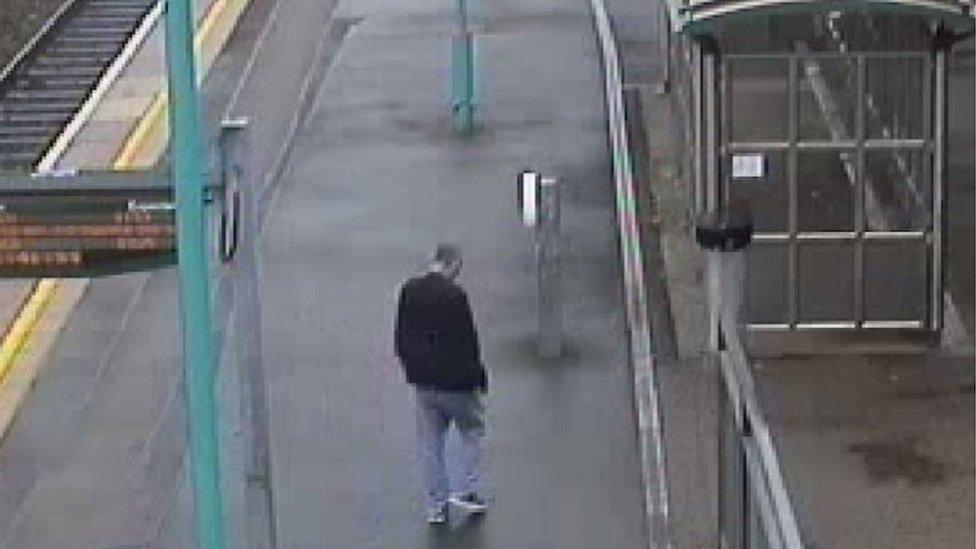Violent crime fear over councils' CCTV switch off plans
- Published
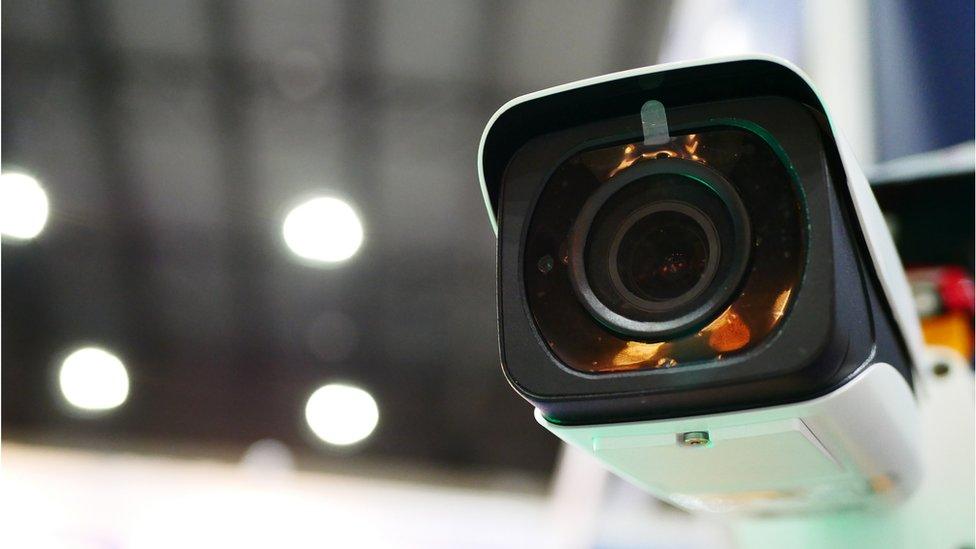
Prof Jonathan Shepherd believes that any moves to turn off CCTV in town centres would be "highly irresponsible"
Switching off CCTV cameras could lead to A&E departments being inundated with victims of serious assaults, a leading crime expert and surgeon has warned.
Caerphilly council is considering cuts to surveillance funding while other councils are reviewing funding models.
Prof Jonathan Shepherd said any cutbacks would be "highly irresponsible" and put public safety at risk.
Councils said they were facing "significant financial pressures".
Local authorities are responsible for public CCTV as it not only records and monitors crime, but also issues like parking, litter, traffic and town centre management.
But in recent years some councils have cut surveillance spending in an attempt to save millions, and more proposals are being considered as they prepare to set their budgets for the next financial year.
In Caerphilly, the authority is considering switching off 26 of its public CCTV cameras, external, while in Neath Port Talbot the authority is proposing reducing how much it pays for cameras by getting the commercial sector to make up any shortfall to ensure there will be no reduction in CCTV service across the authority area.
Meanwhile in Bridgend, proposals to turn off 92 cameras that monitor traffic and help prevent crime, have been put on hold after the Welsh Government increased funding for councils.
But the cuts could resurface in 2021-22 when a potential £370,000 cut is proposed.
CCTV footage shows a police van chasing Ford's car, and later the vehicle crashing into the shelter
Chief Prosecutor for the Welsh Crown Prosecution Service (CPS), Barry Hughes has said public and private CCTV was "valuable" when making difficult charging decisions.
Back in 2017, a man who raped a woman while she was sleeping at Bridgend bus station, was only caught after CCTV operators spotted the incident and raised the alarm with police.
The victim had no recollection of the attack but camera operators raised the alarm and he was arrested nearby.
And in 2015, CCTV showed the moment a driver crashed into a smoking shelter at a nightclub in Porthcawl, Bridgend, during a police chase, seriously injuring six people.
Criminal barrister Andrew Taylor said CCTV had been used to track down and convict paedophiles.
He said it had been used in cases to pinpoint defendants at the scene of a crime, where chances of a conviction would have been "tiny" without the footage.
"This is a very important weapon in the armoury that police and investigators have in bringing people to justice," he said.
"Nobody tonight and this week is going to sleep safer in their beds if we start taking down CCTV."
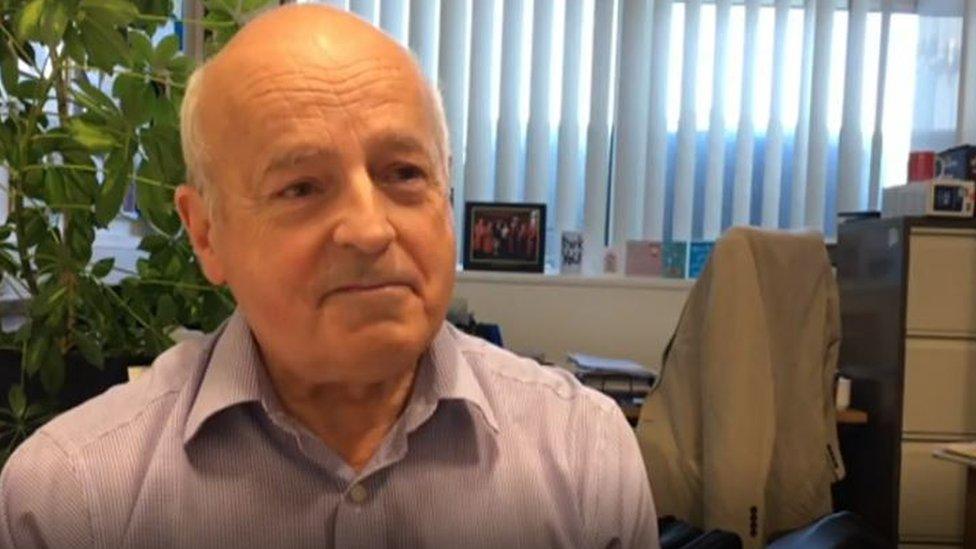
Prof Shepherd pioneered the Cardiff Model, a scheme for reducing alcohol related violence which has been adopted across the world
Prof Shepherd, research director at Cardiff University's Violence Research Group, said having real-time monitored CCTV cameras in town centres allowed police to get to rows before they escalated.
The former facial surgeon, who has treated people with broken cheek bones and missing teeth after fights, said he feared more people would be seriously injured if cameras were switched off.
Prof Shepherd said while CCTV did act as a deterrent to some crime, most people were drunk or on drugs and were not aware that they were being watched by cameras at the time of an attack.
"As night follows day, the hospitals are going to see an increase in serious injuries," he said.
"It is completely irresponsible for a local authority to turn off CCTV, public safety and safety of the people they care for and provide services for should be a top priority."
CCTV shows a tow rope being used to loosen the free-standing machine inside the store and pulling it out
Victim Support said without CCTV vulnerable people would be put at risk in town centres, and less people would be caught for crimes.
Alex Mayes, policy and public affairs lead, said: "It is vital that victims of crime are able to utilise evidence that can support their cases, otherwise their access to justice may be hindered."
But South Wales Police and Crime Commissioner (PCC) Alun Michael said rather than cuts, the force was in talks with councils about how to get better quality CCTV and to make better use of the services.
"In some local authorities the kit is extremely out of date, it does not have sufficient high resolution for evidence," he said.
"I am confident we are not going to see the wholesale abolition of CCTV."
Ramson was given a 12 month ban after admitting dangerous driving
He said while councils were facing pressures it was important that the coverage and quality of CCTV did not deteriorate as it acted as a deterrent and could be key for securing convictions.
Gwent PCC Jeff Cuthbert said it was a "great shame that councils are being obliged to consider making such cuts".
A Caerphilly council spokesman said the authority currently monitors 153 cameras around the clock, but was considering turning some off due to "significant financial pressures".
"These savings proposals are currently our for public consultation and we will carefully consider the feedback we get from residents before making any final decision," he said.
A Neath Port Talbot council spokesman said: "Work is at an advanced stage to develop the current CCTV operating model in a way in which new income can be secured to sustain and if possible enhance the CCTV service into future years.
"There are no proposals to cut the service further."
- Published29 December 2019
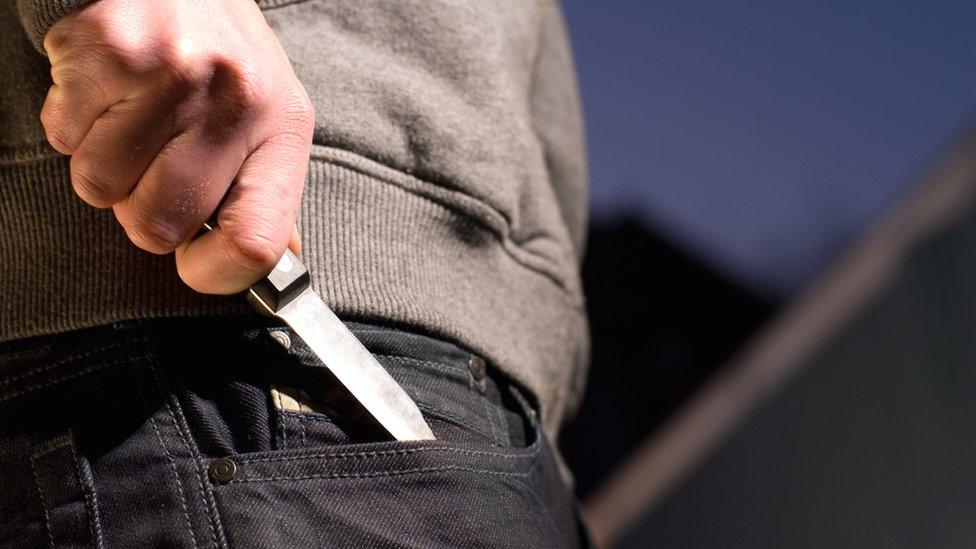
- Published12 May 2019
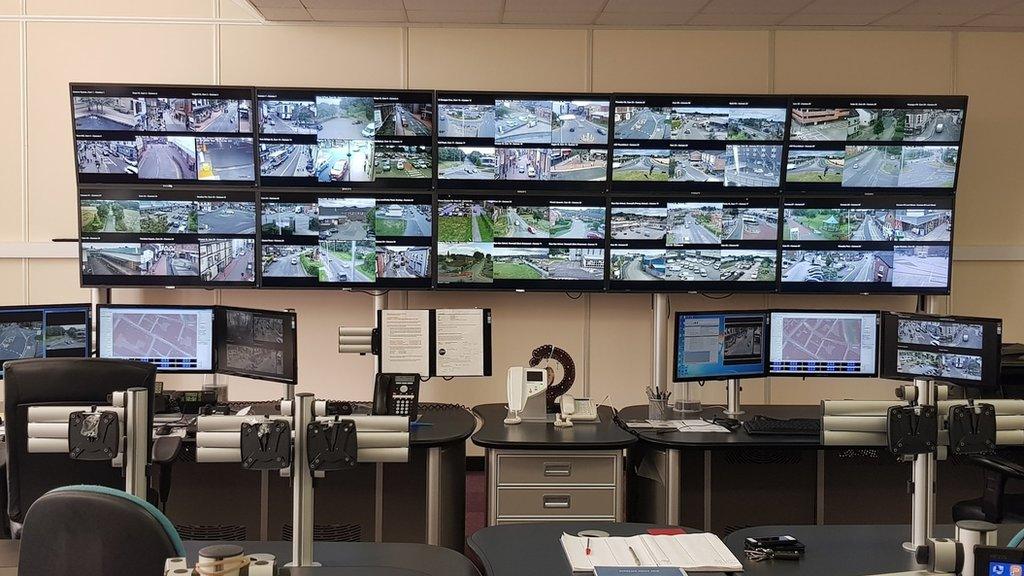
- Published18 November 2019
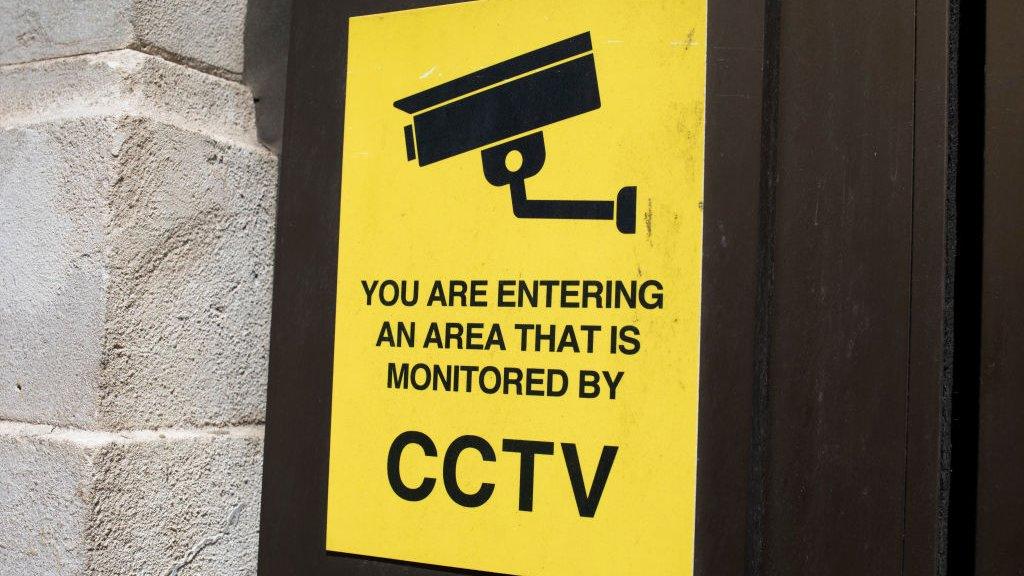
- Published15 May 2019
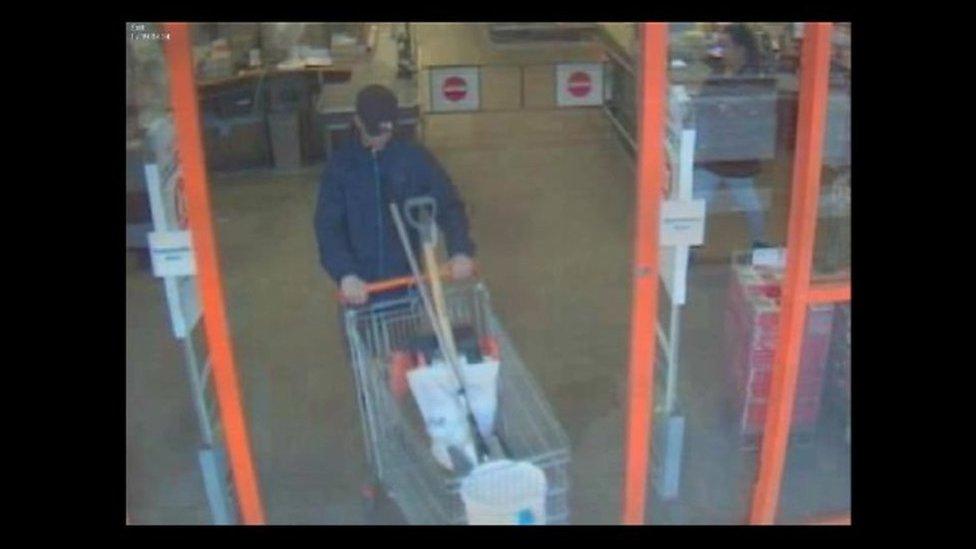
- Published11 February 2019
